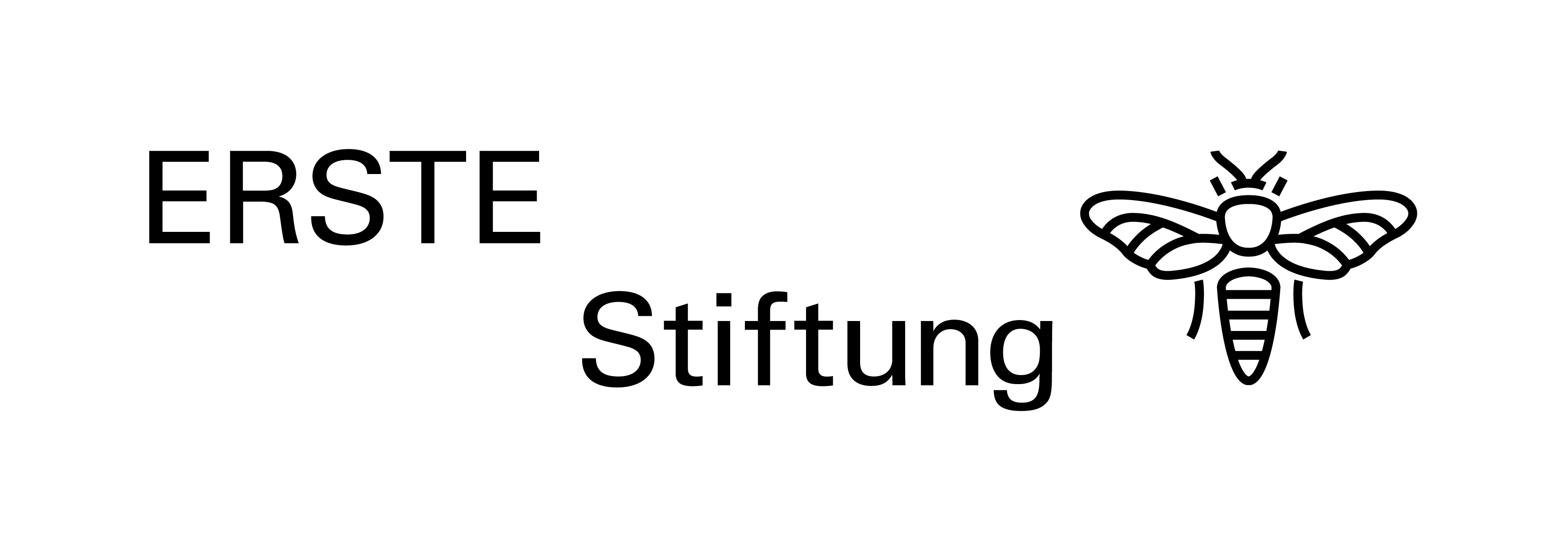Call for Applications for the 2026–2027 Academic Year
The call for applications is open to professional journalists. The Fellowship offers journalists from across Europe (including Armenia, Azerbaijan, Georgia, and Turkey) time off from their professional duties to pursue in-depth research on a topic of their choice.
Milena Jesenská Fellowships are intended as an award for excellence and are directed at cultural journalists, with the term cultural being interpreted in a broad sense to encompass a wide variety of intellectual and artistic fields. However, applicants' work may also be related to one of the IWM's main research fields.
Conditions
The selected candidates will be invited to spend a term of three consecutive months at the IWM in Vienna between September 2026 and June 2027 in order to pursue their projects as Milena Jesenská Visiting Fellows.
Milena Jesenská Visiting Fellows will receive a stipend of EUR 3,300 per month. From the stipend, visiting fellows are responsible for covering all living expenses during their research term, including travel to and from Vienna, accommodation costs, health insurance, utilities, local transport, telecommunications, etc., as well as research costs (i.e. for literature, conference fees).
Fellowships start on the first day of the first month and end on the last day of the last month of the fellowship period.
The IWM provides visiting fellows with office space, internet access, in-house research facilities, and administrative services, all free of charge. The visiting fellows will join the IWM community of scholars and are invited to participate in the activities of the Institute.
Eligibility
Candidates for the Milena Jesenská Fellowship for Journalists must have worked in print, broadcast, or online journalism for several years and must have an outstanding professional record. Applications by entry-level journalists or students will be rejected.
We do not accept multiple fellowship applications from the same candidate within the same academic year. Candidates who have previously received a resident IWM fellowship must wait two academic years before applying for another fellowship. Recipients of a specific IWM fellowship cannot reapply for the same program.
How to Apply
Applications must be submitted through the online application form, which is accessible by clicking on the “Apply” button below. We will not consider applications sent via email.
Required materials:
- A brief letter of motivation that addresses how the project would benefit from time at the IWM, its connection to the IWM’s mission and research, and concrete research/writing goals during the fellowship.
- A project description of max. 550 characters incl. spaces
- A project proposal of max. 7,500 characters incl. spaces, containing:
- a) a description of the project’s objectives
- b) a discussion of the current state of research
- c) methods
- d) a work plan
- A curriculum vitae, including a list of publications
- Two letters of recommendation are required. At least one must be from an editor, fellow journalist, or publisher. If applicable, one recommendation letter can also be provided by a scholar familiar with the applicant's work. Please note that the letters of recommendation need to be submitted directly by your recommenders before the application deadline. Your recommenders will receive an automatic email with a link to a webform after you have submitted your application.
All application materials must be in English.
Important! Attached documents must be combined into a single PDF, as the online submission form only allows for one attachment. File names of attachments must use Latin characters only.
Applications are now closed.
Evaluation and Selection Procedures
Applications that meet the formal and thematic criteria of the call will be evaluated, and the finalists will be selected by a jury of experts. Applicants will be notified of the jury’s decision via email by 30 April 2026. The jury is not required to publicly justify its decisions, nor to provide applicants with individual feedback on their applications.
Cooperation Partner
In cooperation with ERSTE Stiftung.

Milena Jesenská (1896–1944) was an outstanding journalist and mediator between the Czech and German cultures in Bohemia as well as an astute political commentator. She was detained in the Nazi concentration camp in Ravensbrück for her political involvement and resistance, losing her life there in 1944. She is widely known for her famous correspondence with Franz Kafka.